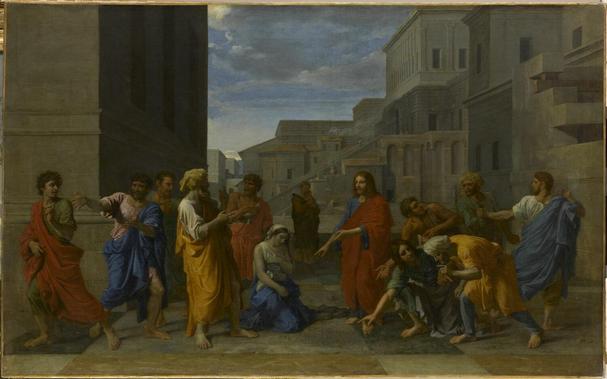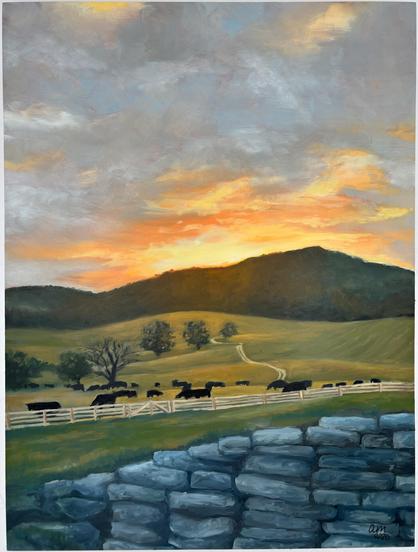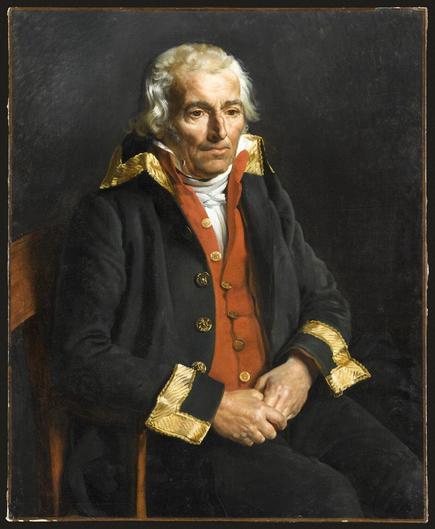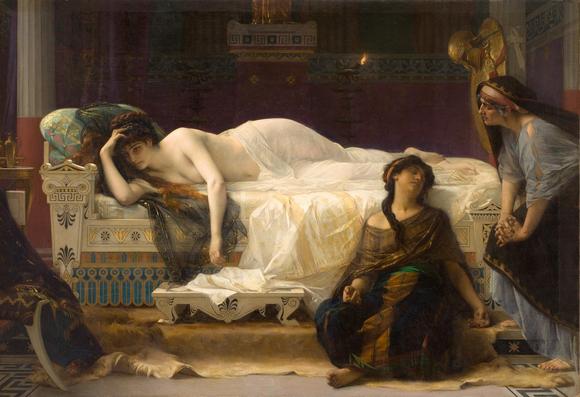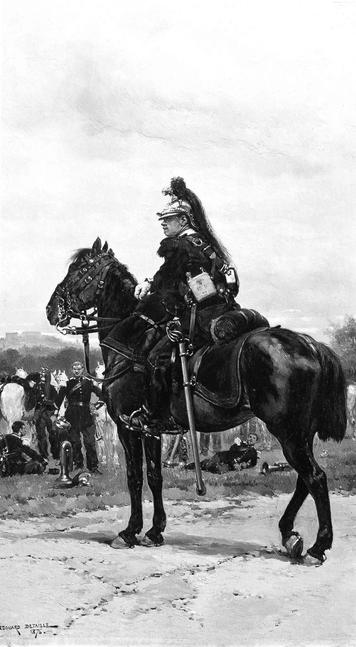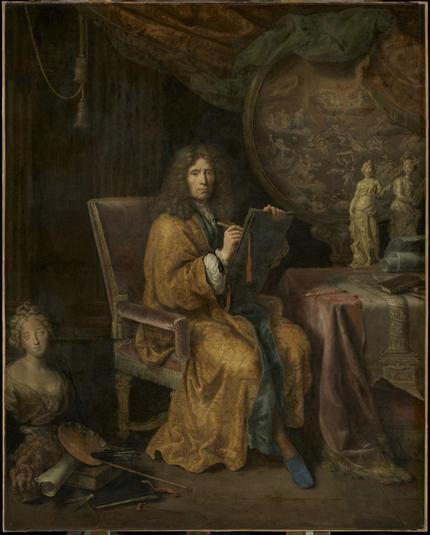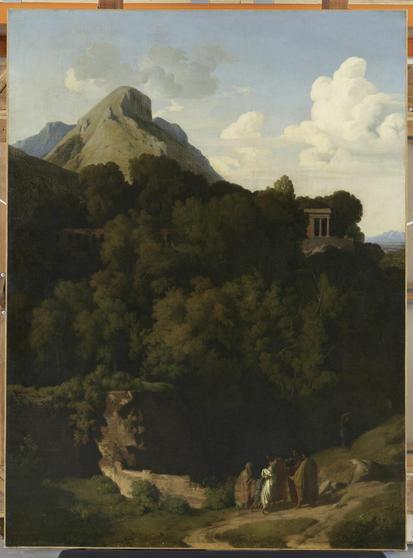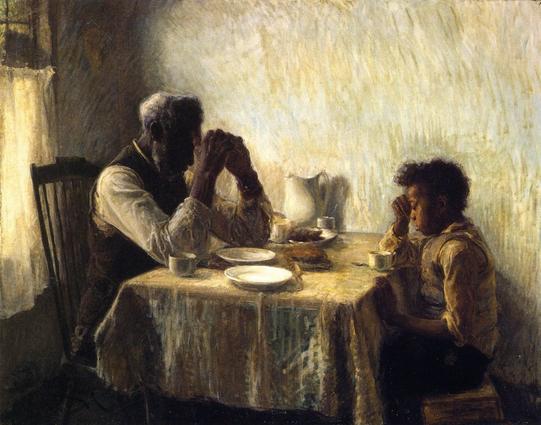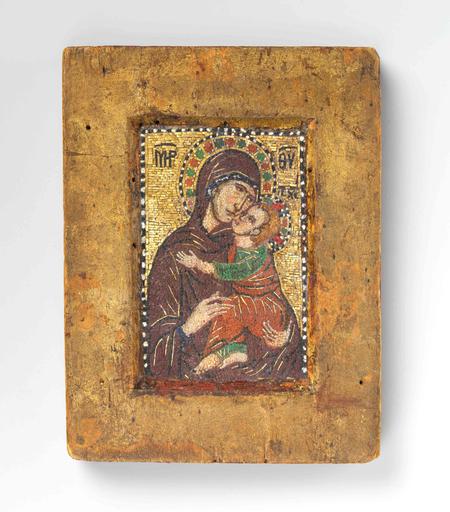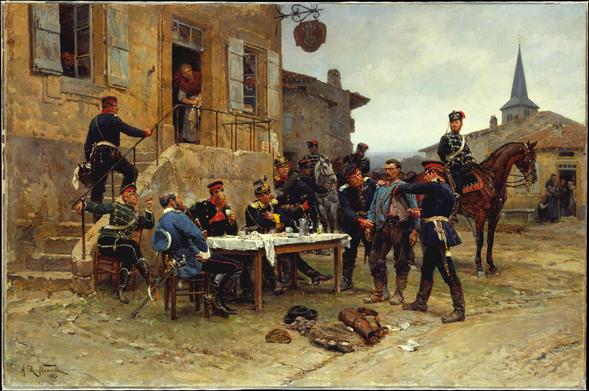A commissioned piece I did this last summer of a sunrise over Tennessee. 12x16 oil on gesso board.
#OilPainting #LandscapePainting #tennessee #sunrise #commissionart #painting #TraditionalArt #MastoArt #FediArt #ArtistsOnMastodon
She doesn't look like a girl who wanted to wake up, does she? Alexandre Cabanel's "Phaedra!".
#art #traditionalart #painting #oilpainting #beautifulwoman #beautifulgirl
Your art history post for today: by African-American artist Henry Ossawa Tanner (1859-1937), The Thankful Poor, 1894, oil on canvas, 35 1/2 × 44 1/4 in. (90.2 × 112.4 cm), collection of Art Bridges, Inc., currently on loan to the Memphis Brooks Museum of Art. #arthistory #blackart #blackartist #oilpainting #painting
From the Memphis Brooks Museum of Art: “The Thankful Poor, titled by the artist, is one of the artist's last known “genre” paintings—images that depict everyday or ordinary domestic scenes—before he transitioned almost exclusively to religious scenes. While read differently by today’s audiences, the artist’s title aimed to honor the contributions and struggles of poor Black people in the South, where this work was likely painted. In stark contrast to the degrading imagery of African Americans that proliferated in American culture in the late nineteenth century, The Thankful Poor showcases the humanity of an impoverished older Black man and a young Black boy, as they bow their heads in a dignified prayer before a humble meal.”
From Art Bridges: “The decision to depict Black daily life became clear to the artist during his studies between Paris and Philadelphia, where he was academically trained. While Black subjects appeared in the works of white American artists, such as Winslow Homer and Thomas Eakins, Tanner distinctly prioritized the humanity of his figures. In The Thankful Poor, the artist accomplishes this by transforming a moment of prayer into a complex exchange of intergenerational kinship. Spiritual values are often tied to familial relations and this focus speaks to Tanner’s personal experiences within the African Methodist Episcopal Church, of which his father was a pastor.”
